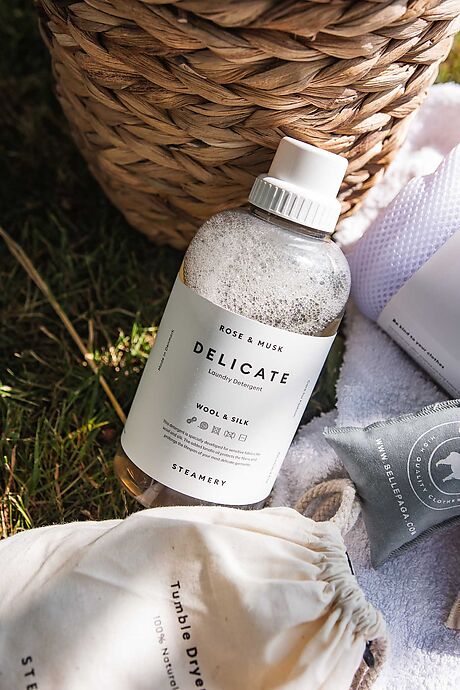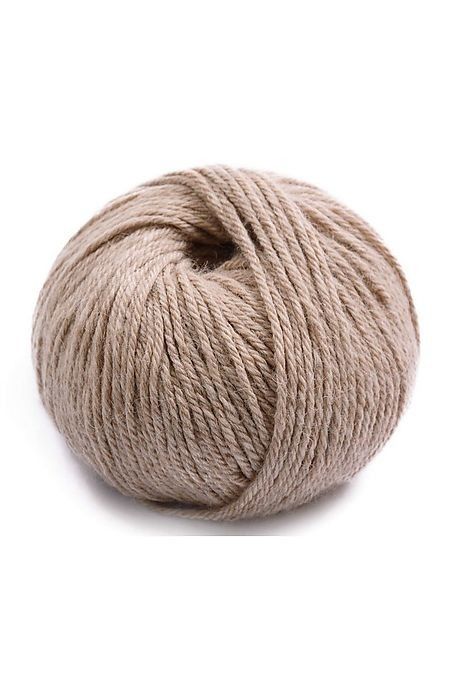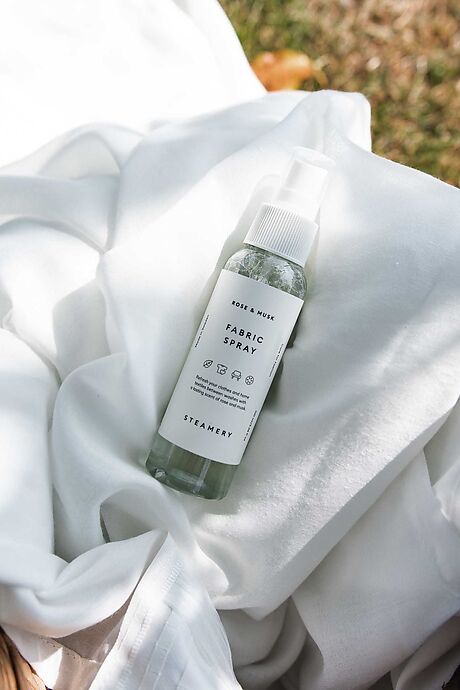Alpaca wool to knit
.jpeg)
You may have already heard of the famous alpaca wool? Yes, this famous wool is the warmest wool in the world. If you haven't tried it yet, don't hesitate! Its multiple benefits will help you to spend the winter in peace and in good conditions!
At BellePaga, a Belgian brand, you will find the softness of this wool of the Gods in all its forms: sweaters, hats, socks, stuffed animals and many other products made in the respect of the animal and the nature. But what could be better than knitting your own clothes with quality wool and warm colors? At BellePaga you will find a multitude of wool balls ideal for your knitting ideas.
The famous alpaca wool
It is important to know that, thanks to the shearing of alpacas, the producers collect about 3kg of wool, with a continuous growth of a little less than 1 cm per month. Alpaca wool has several benefits and properties. First of all it is a 100% natural wool but also renewable. Indeed, it grows about 1cm every month with a shearing done every year. There are 22 different colors of alpaca wool. However, only 6 colors are offered: black, dark brown, light brown, beige, gray and ecru. These colors go well together, they remain in the same tones and blend very well together.
Its lightness is unmatched, its softness exceeds that of other knitting wools and it has an undisputed thermal insulating power.
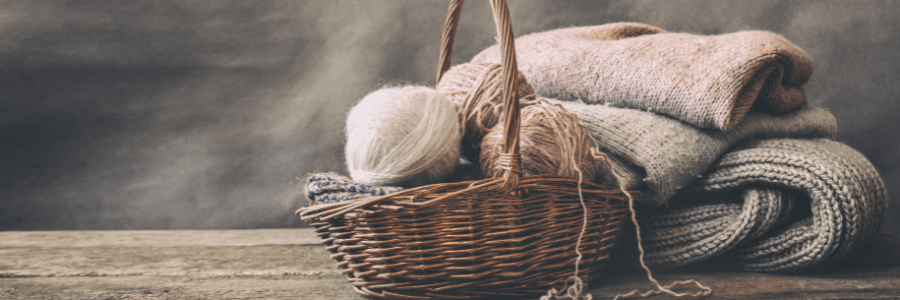
A 100% eco-responsible wool
To begin with, alpaca wool for knitting is an undyed wool, it does not require chemical materials to grow or petroleum to make the fabric. Thus, the Alpaca is an animal respectful of its environment. It does not crush plants in its path and cuts grass with its teeth. Unlike goats, for example, which tear up the grass, damaging the vegetation.Moreover, at BellePaga, the alpaca wool products are made in Peru and in the respect of the animal. No chemical materials are added, and all the production is done there in an artisanal way.
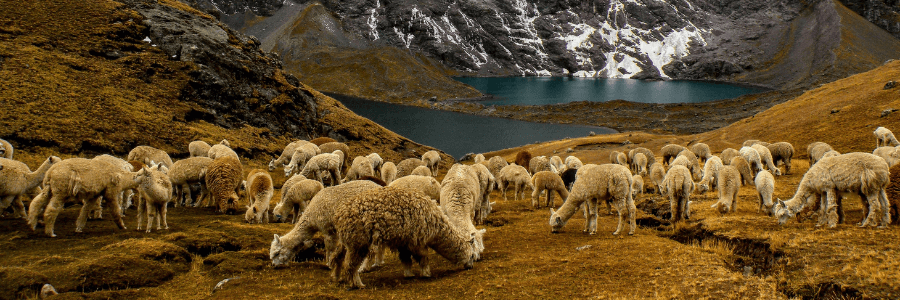
Alpaca wool properties
The alpaca wool to knit has many benefits.
In their arid living conditions, the alpacas must face very important temperature differences. Sometimes, they have to face 30° degrees differences between day and night, they also have to survive against rarefied oxygen, intense sun rays but also icy winds. Thanks to this, the alpaca fiber has very advanced thermal properties. It allows your body to breathe, especially for people who sweat a lot, this wool is ideal for them. It prevents odors and unpleasant sensations.
The alpaca wool to knit is also a hypoallergenic wool. It does not produce lanolin, which is an advantage because many people are intolerant to this wool fat. So the wool is perfectly suited for sensitive skin.
Alpaca knitting wool is also a non-pilling wool and a more durable wool for garment making. It is therefore the ideal wool for your knitting.
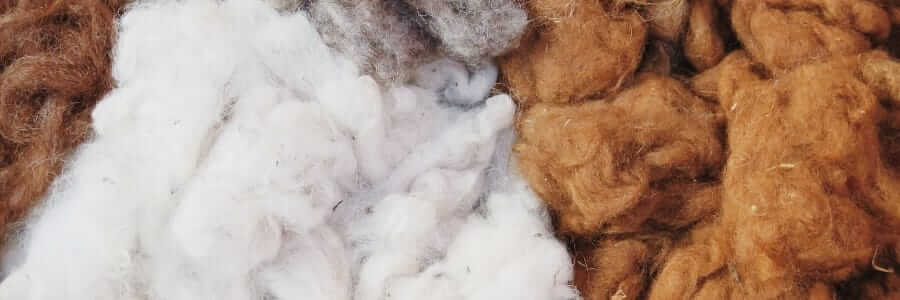
Alpaca wool, knitting garment
To knit a sweater or any other garment, you must first find the shape and style that you want to give to your sweater according to the morphology of the person who will wear it. Then, find the color you want to give to your future outfit, take a good ball of wool and get your needles! You are ready to knit like a professional. If you already know that you want to knit a woman's scarf, I invite you to consult our article "knitting a woman's scarf" or "knitted scarves". You will find the reasons to start knitting and why it is the current trend! Don't hesitate to knit anymore, now that you have the perfect wool you have no excuse. The pride that your knitting alpaca wool will bring you is priceless!
In addition, among domesticated llamas, alpaca produces a fiber whose fineness is second only to cashmere.

Alpaca wool price per kilo
The price of alpaca wool to knit per kilo depends on several factors. First, there are different types of alpaca wool. You can find alpaca wool, royal alpaca wool and baby alpaca wool. The difference of these 3 wools is their diameter and therefore their price too! The diameter of the "Alpaca" fiber is 23.1 - 26.5 microns, the "Baby Alpaca" fiber is about 14 - 23 microns while the "Royal Alpaca" fiber is the result of the selection of the best and finest baby alpaca fibers whose diameter can go down to 12 microns. For comparison, the diameter of a hair is about 60 microns. If you would like more information on alpaca wool, we invite you to read our "Alpaca Wool" page. Concerning the price, you can find high quality fibers between 40 euros and 100 euros per kilo, medium quality fibers between 20 and 35 euros per kilo and finally low quality fibers at 10 to 15 euros per kilo. The 50g balls of 100% Baby Alpaca from BellePaga cost about 10euros! You will find many different colors, bright colors, and warm!
Maintenance of alpaca wool
The small sacrifice to have warm and soft clothes is that you have to take extreme care of them. Wool is a fragile material, it can stretch, shrink, lose color or luster! It is the same with Alpaca wool. Its fiber is 4 times more resistant than sheep's wool, which makes it much more interesting in the long run. Its investment is therefore more interesting, hence the price that may sometimes surprise some, its quality and its benefits are incomparable. It is an investment because it is much more durable, it keeps its original state much longer if you really take care of it.
The different washing rules to respect are the following:
- You need to provide yourself with a gentle and delicate shampoo. Do not neglect this element, it is essential for an optimal result! Some people are often disappointed with the results they get despite taking great precautions, but they don't use the right shampoo! Believe us it is very important. At BellePaga you will find different types of natural products for all kinds of delicate wools.
- No washing machine! Alpaca wool is best washed by hand in warm water with a mild shampoo or you can also opt for dry cleaning. A small exception here is that Alpaca wool socks can be washed! We recommend washing them at 30 degrees and they can be washed with ordinary soap and your other clothes.
- Treat your clothes gently. It is advisable to wear gloves to avoid damaging the garment with your fingernails or jewelry. If you leave the water running during washing and rinsing to keep the temperature the same, you should not wring out or twist the garment after washing. You can press gently to remove excess water.
- Do not use a tumble dryer: alpaca wool items cannot go in the dryer, it is interesting to place your wool garment on a towel, so it absorbs the excess water and your item dries faster. In this sense: prefer to air dry and lay flat! This technique will avoid stretching the fibers.
- No need to iron! The most practical aspect in all these different steps of maintenance is probably that you don't need to iron alpaca wool. It is known not to wrinkle, but the opportunity may arise if ever: turn the garment over and put a cloth between the iron (set to low temperature) and the garment. This way, your wool will not get damaged.
Do not hesitate to discover on BellePaga's website its quality wool balls, and to discover its Women's, Men's and Home&Deco collections.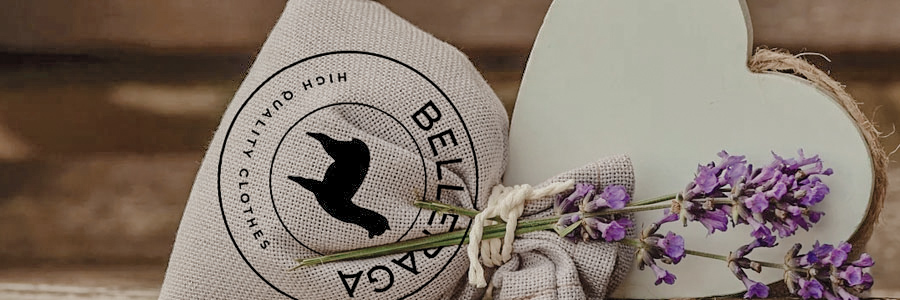
-
Apocuna Scarf
159,00 €
-
Amaru Gloves
- S
- M
- L
- XL
89,00 €
-
Delicate Wool Shampoo - 750ml
19,00 €
-
Alpaca Yarn
9,90 €
-
Refreshing and softening spray for wool - 100ml
9,50 €






